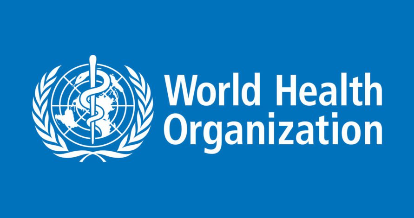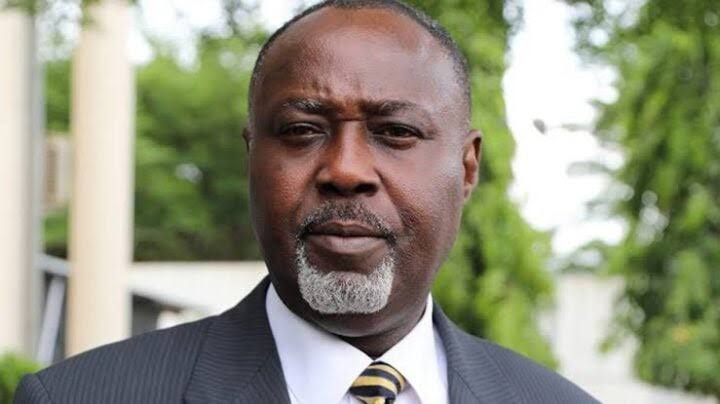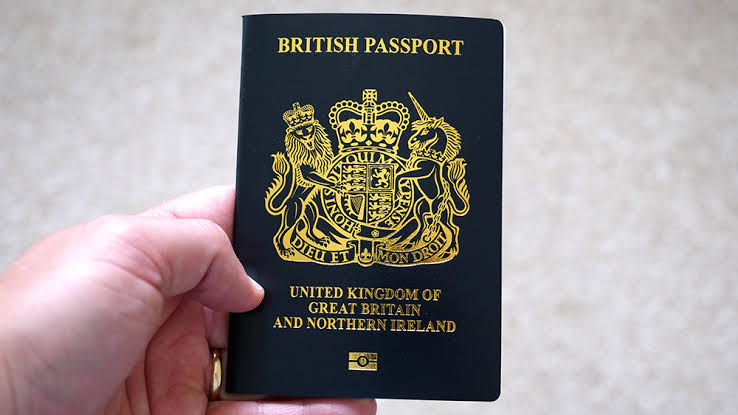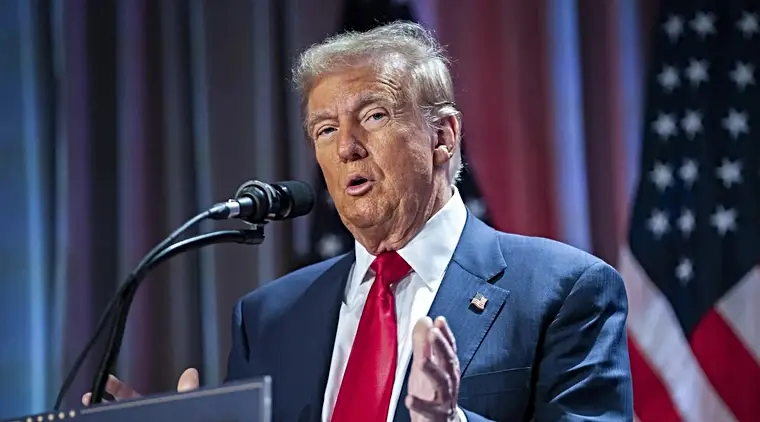Access to basic oral health care remains a significant challenge in Africa, with only 17% of the population able to receive essential services, according to the World Health Organization (WHO).
Oral Health Challenges in Africa
Acting WHO Regional Director for Africa, Dr. Chikwe Ihekweazu, highlighted this concern in a statement marking World Oral Health Day, observed annually on March 20. He noted that progress in preventing oral diseases has been slow, particularly in areas such as fluoride use and reducing sugar consumption.
Dr. Ihekweazu also pointed out that the region faces a severe shortage of oral health workers. In 2022, Africa had just 56,772 oral health professionals—including dentists, dental assistants, and therapists—equating to 0.37 workers per 10,000 people. This falls far below the required 158,916 workers (1.33 per 10,000 people) needed to meet the region’s demand.
Widespread Oral Health Issues
Oral diseases such as dental caries, gum disease, and tooth loss affected 42% of the WHO African Region’s population in 2021. Additionally, Africa has the highest number of noma cases—a severe, rapidly progressing gangrenous disease of the mouth that mainly affects young children. If untreated, noma has a high fatality rate, and survivors often experience lifelong disabilities, disfigurement, and social stigma.
Global Efforts to Improve Oral Health
Recognizing oral health as a key part of the Non-Communicable Disease (NCD) agenda and Universal Health Coverage (UHC), the 74th World Health Assembly (WHA74) endorsed the Global Strategy on Oral Health. This was followed by the Global Oral Health Action Plan (2023–2030), which includes a framework for monitoring progress.
With support from organizations like Hilfsaktion Noma e.V., the Borrow Foundation, and WHO Collaborating Centres, several African nations, including Lesotho, Nigeria, and Sierra Leone, have developed oral health policy documents to address these challenges.
Accelerating Oral Health Initiatives
To advance the implementation of the Global Oral Health Action Plan, WHO hosted its first-ever Global Oral Health Meeting in Thailand in November 2024. During the meeting, delegates developed national roadmaps to improve oral health efforts. A regional framework to accelerate these initiatives will be discussed at the 75th Regional Committee for Africa later this year.
The Way Forward
Dr. Ihekweazu emphasized the need for immediate action, calling for:
- Collaboration among multisectoral stakeholders
- Securing funding through innovative financing, such as allocating health tax revenue to oral health
- Integrating oral health services into national health benefits packages
- Adopting a people-centered approach to implementation
He urged governments and organizations to work together, stating, “Now is the time to act. We have the strategy—now we must implement it. Together, we can achieve better oral health outcomes for Africa.”








Leave a Reply